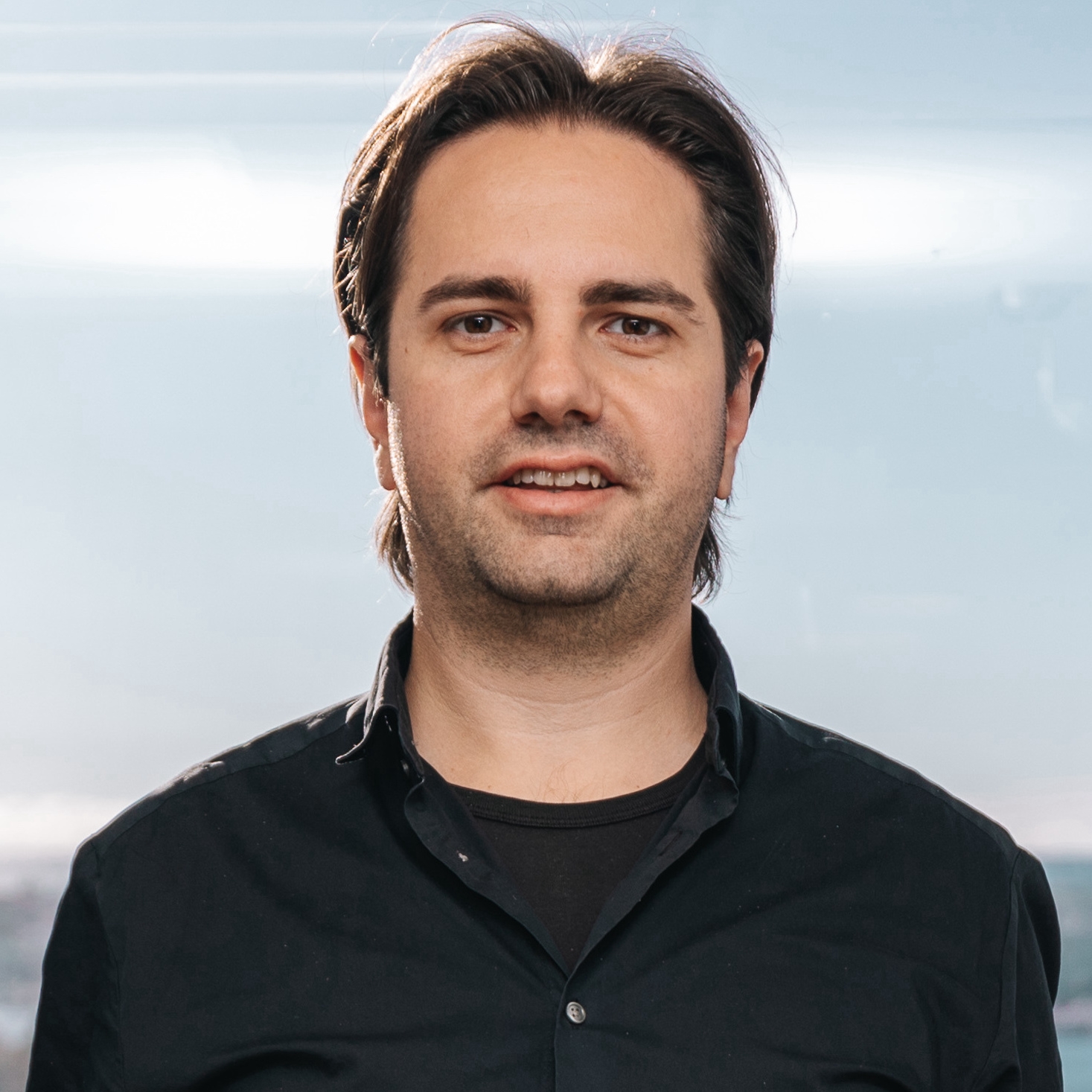I am an AI researcher with international experience in Natural Language Processing and Knowledge Representation and Reasoning, and a cross-disciplinary perspective on the fundamental challenges of commonsense reasoning, robustness, and explainability. I hold a PhD in Natural Language Processing from VU Amsterdam’s Faculty of Humanities. With dedicated PhD mentors from two faculties, including profs. Vossen and van Harmelen, I learned to recognize and appreciate diverse perspectives. I am continuously inspired to pass this on through mentorship and by being a role model for my own students. My PhD focus area was the (still) understudied challenge of identifying long-tail entities in text, where my responsible AI approach was based on knowledge engineering processes informed by linguistic and philosophical theories of reference. During a six-month PhD research visit to prof. Hovy at CMU’s prestigious Language Technologies Institute, I first gained a transatlantic perspective and explored cognitively inspired methods for generalization over entity knowledge.
After completing my PhD and a short postdoctoral position, my interest in responsible and generalizable AI led me to address the longstanding AI challenge of commonsense reasoning at the University of Southern California’s renowned Information Sciences Institute (USC/ISI). Quickly, I grew into a research lead at USC/ISI and became a Research Assistant Professor at USC’s Computer Science department. With my team, I developed new methods for generalizable out-of-domain reasoning by leveraging curriculum learning, data augmentation, and transfer learning. Moreover, observing that black-box techniques are not trustworthy for users, I broadened my scope towards the development of collaborative and explainable commonsense agents. My collaborative methods combine neural and symbolic techniques for mental modeling, state tracking, and planning, while my explainable methods are based on interpretable learning, large-scale knowledge resources, and analogical reasoning. My research on commonsense AI has been constantly informed by cognitive psychology ideas such as analogy, prototype learning, and lateral thinking. These directions have attracted the attention of a variety of funding agencies: developing methods for procedural reasoning over stories has been funded by personal grants from NSF and ARL, the application of commonsense AI to traffic has been supported by an industrial gift, applications of our knowledge graph toolkit have inspired funding by the Swiss government, AFRL, and Novartis, while my methods for scene imagination in stories attracted joint funding from USC/ISI and ARL to develop coherent dialogue agents.
Seeing VU Amsterdam’s leadership in Hybrid Intelligence, I decided to return to the Netherlands and accept a position as a Senior Assistant Professor (UD1) of Computer Science. My vision at VU Amsterdam is to address the challenge that my research has led me to over the years: how to develop synergistic AI agents with common sense, designed to effectively augment people’s ability to perform complex tasks such as problem-solving and counterfactual reasoning. This vision unifies my four research thrusts in my newly awarded NWO AiNed project on human-centric AI with common sense.
As a leader in neuro-symbolic AI, generalization, and commonsense reasoning, I have been publishing books, chapters, and refereed articles in top-tier journals and conferences, developing tools, and actively chairing workshops, tutorials, competitions, and symposiums. I have been a guest editor for special issues on commonsense reasoning in the Semantic Web Journal and the Neurosymbolic AI journal. I am frequently approached to serve as a reviewer and area chair for major conferences and to participate in international award panels. I have been a guest at podcasts, featured in academic news articles, and a popular speaker at international research groups and well-known workshops like Knowledge-infused Learning.
Seeing science as a team sport, I have been actively seeking collaborations, resulting in effective co-supervision and co-organization with academics (USC, CMU, RPI, University of Lyon, VU Amsterdam, UvA, University of Bielefeld) and industry partners (Bosch Research, NEC Labs, Merit Technologies, Tencent). Upon my transatlantic move, I was elected as an Affiliated Scientist of USC/ISI to continue my collaborations with numerous former colleagues, including Pujara, Morstatter, and Luceri. Within the first month of return to the Netherlands, I have already established plans for collaborations with VU Amsterdam experts in computational linguistics (Sommerauer), social robotics (Kendricks, Ligthart), user-centric data science (de Boer), and communication studies (van Atteveldt). Internationally, I have been initiating community discussions by organizing workshops, tutorials, symposiums, and journal issues. After leading a session at a 2022 Dagstuhl seminar, I teamed up with Bradley Allen (Merit Technologies and UvA) to develop a novel vision for knowledge engineering based on software engineering best practices. Based on a collaboration with NEC Labs Germany and the University of Bielefeld, I am currently leading the organization of a 2024 cross-disciplinary Dagstuhl seminar on the topic of generalization by people and machines. With researchers from UCL and University of Manchester, we are co-organizing the GeNeSy (generative neurosymbolic AI) workshop in May of 2024.
